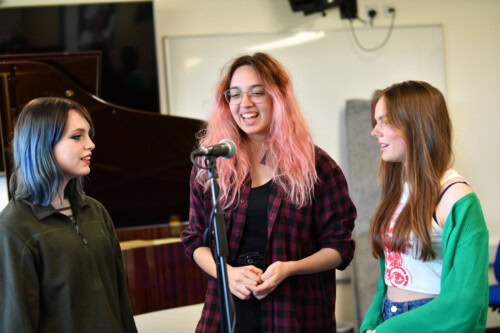What is a Sixth Form College?
We understand the importance of making the right decision on where to study post-16. With many options and information to consider, the key is understanding what your preferred schools and colleges are all about.

After your GCSEs, students can choose whether to apply to a Sixth Form College or join a school sixth form for their A Levels and BTECs.
The main difference is a Sixth Form College only provides education to 16–19 year olds, offering a more mature learning environment, whereas in a school sixth form you are still part of the school community with 11–18 year olds.
Why do students choose a Sixth Form College?
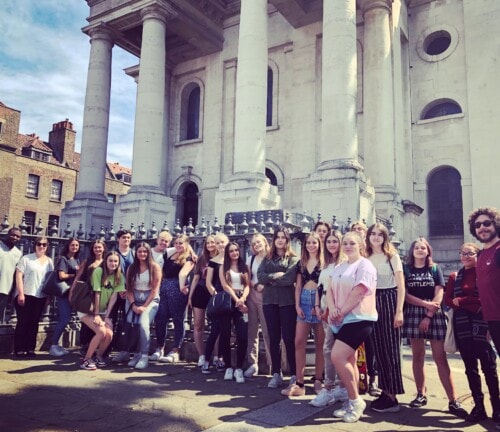
Many students choose a Sixth Form College because of the large range of courses and combinations available compared to their current school. Sixth Form Colleges have greater academic flexibility with their timetables and subjects offered, so virtually any combination of study programme is possible.
A Sixth Form College is also a great stepping-stone for university. You are encouraged and supported to become a more independent student managing your own time and study programme effectively. These are essential skills for Higher Education and university.
One big reason many students move to Sixth Form College is for a fresh start; to make new friends and broaden their experience socially.
Other students choose a Sixth Form College as they are looking for a more mature and diverse learning environment (and not have year 7s running in the corridor!).
What will my new teachers be like at College?
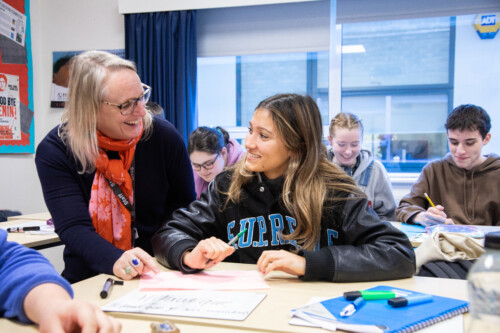
Your teachers only work with 16-19 year olds, so they really understand the needs, concerns and interests of your age group. They are specialists in the subjects they teach, and come from industry as well as teaching backgrounds.
The specialist nature of their job ensures new relationships are swiftly built, and they have a successful track record in enabling students from all types of backgrounds to reach their full potential.
There is mutual respect for learning and communication with your teachers is more personal, even down to using first name terms. No more ‘Sir’ or ‘Miss’.
From a curriculum perspective, you will complete an induction assignment in each of your subjects, which gives teachers an early indication of your starting point and allows for individual feedback. You and your parent/carers will be invited to meet with your teachers in that first term to evaluate your progress, identify support and set targets.
Like secondary school, you will have a personal tutor who will look after your individual needs, progress and welfare. Here at Esher, your parents/carers will have the opportunity to meet your personal tutor at the Parent Tutor Evening held during your first half term.
Is a Sixth Form College bigger than school?
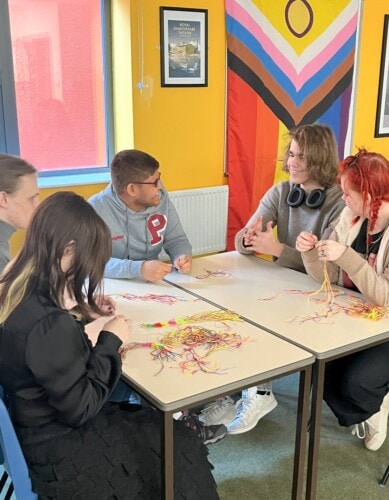
As far as colleges go, Esher is relatively small. We are the same size as a large secondary school, except that all our students are aged 16-19. Having more students in your year groups, means there are more opportunities to make new friends and expand your network; it’s something that our current and former students regularly comment on.
A larger year cohort also means you are likely to find people who share your interests and Colleges tend to have more groups and communities to get involved with.
What will my timetable be like at College?
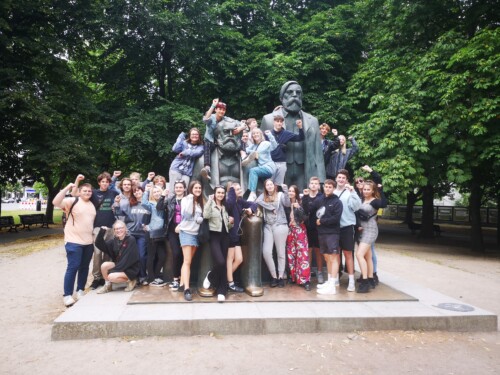
One of the biggest differences between Sixth Form College and school is the amount of study you do outside the classroom.
You do not have to be in college for a full day. You only come in for your subject lessons, tutor period, Supervised Academic Study (SAS) and Extension Studies. The register is marked at the beginning of each of those timetabled sessions. You will have Private Study periods timetabled and whilst you don’t need to be in college for this, learning to work effectively outside scheduled class time is fundamental to your success at this new level of study.
Do you wear a uniform to College?

The short answer is no – students are free to wear their own clothes and express themselves individually.
As college is a diverse and mutually respectful learning environment, students should reflect this in their choice of clothes.
“The College teaches you independence and helps to improve your confidence.” Lila


“The atmosphere is so welcoming.” Daniel
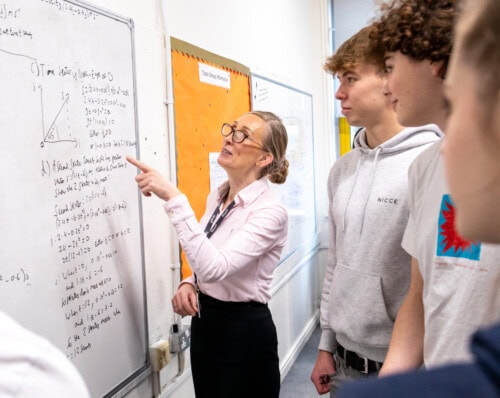

“The highlights of my time at Esher are the teachers.” Hasti
